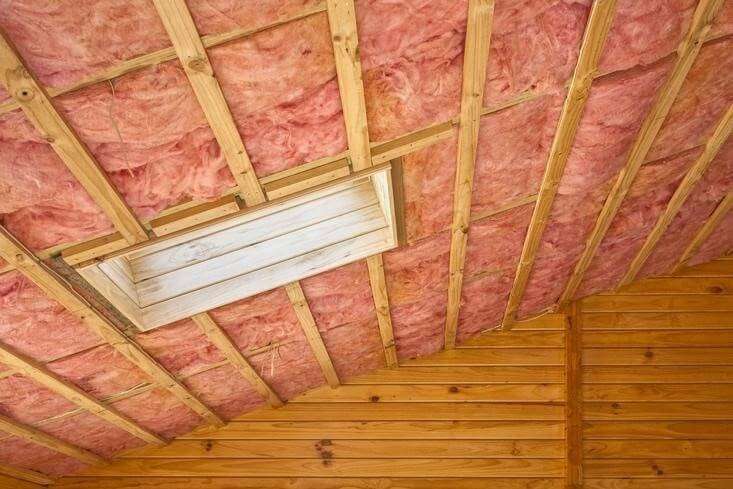Science for Students: What Makes a Good Insulator?

In this article, you will find:
What Makes One Insulator Better Than Another?
There is no such thing as a perfect insulator. Every material will allow at least some amount of energy to pass through it.
A good insulator is one that prevents most of the incoming energy from being transferred. The measure of a material's ability to conduct energy through it is called thermal conductivity, represented by the Greek letter lambda, Λ. Insulators aim to prevent the transference of energy, so good insulators have small thermal conductivity values. The thickness of the insulator is also important . Divide the thickness of the material by its thermal conductivity to measure how well a material will insulate. This measure is called the R-value and is known as thermal resistance. The formula is R = l/Λ. The smaller the thermal conductivity and the thicker the insulation, the bigger the R value.
Materials with a large R value are good insulators. This means they are very good at keeping energy from flowing into things that you want to keep cold and they are also very good at keeping energy from leaving things you want to keep hot.
R-values allow you to compare different types and quantities of insulation to see which works best. Home Depot sells a variety of insulators that range in R-values from R-13 to R-38. Try using a few in your experiments to see how different materials with different R-values insulate. Fiberglass, denim insulation, wool, and foam sealant are a few examples to experiment with.
Try this experiment that tests different insulators and the effect they have on the temperature of a liquid.
This is the second piece in a four-part Science for Students series. Read part one, and check back next week for part three!
Mike Willard is a physics and environmental science teacher at Richard Montgomery High School in Rockville, MD. He is also involved in a number of engineering and environmental education outreach programs through the school. You can contact him at Michael_J_Willard@mcpsmd.org.